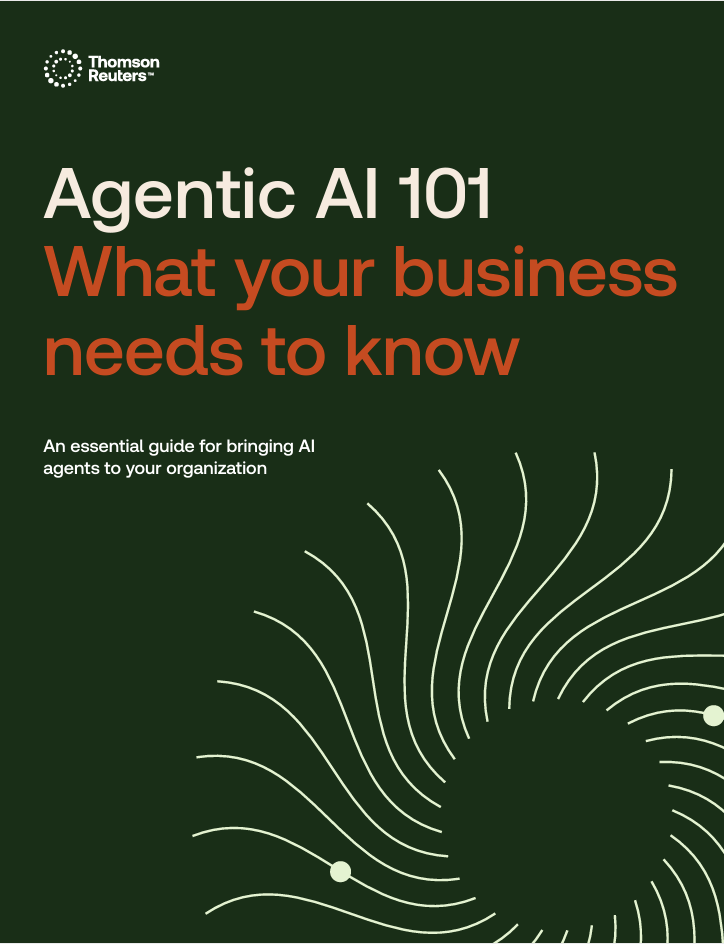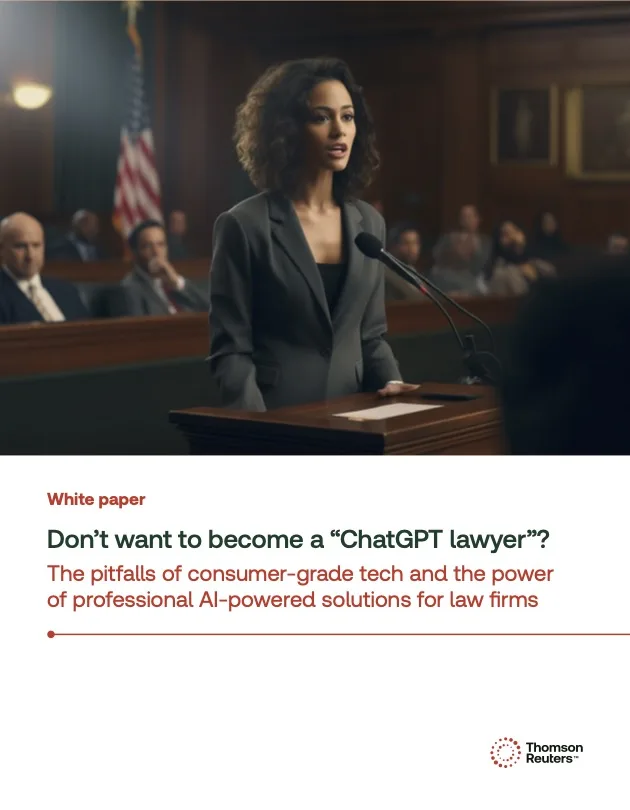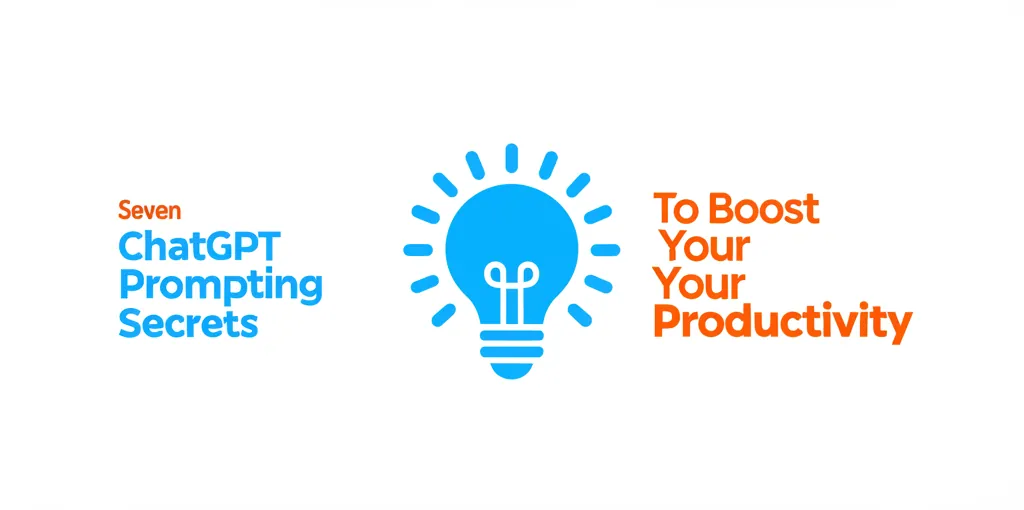Developer Offer
Try ImaginePro API with 50 Free Credits
Build and ship AI-powered visuals with Midjourney, Flux, and more — free credits refresh every month.
Beyond ChatGPT AI for Competitive Law Firms
The rise of artificial intelligence is reshaping the legal landscape, but not without significant risks. Many lawyers are already integrating AI into their practices, but the cautionary tales of "ChatGPT lawyers" highlight the critical importance of using these tools correctly.
Recent incidents have put the legal profession on high alert. In two separate, high-profile cases, lawyers faced judicial sanctions for submitting legal briefs that included fake citations and non-existent judicial opinions generated by public AI tools like ChatGPT. One lawyer in New York and another in Utah learned the hard way that consumer-grade AI is not a reliable substitute for professional legal research. These missteps underscore the professional risks involved when AI is used without proper safeguards and expertise.
To avoid these pitfalls and gain a true competitive advantage, small law firms must learn to leverage professional-grade AI responsibly. Here is a guide to navigating this new frontier.
Gain Clarity with Expert AI Resources
Before diving in, it is crucial to build a foundational understanding of AI's role in the legal field. The key is to distinguish between different types of AI and know where to find trusted information. Resources like the Legal Learning Hub and the AI for Legal Professionals Community are dedicated spaces for legal professionals to learn about the progressive changes and ideas reshaping the industry.
Distinguish Public vs. Professional-Grade AI
Public or consumer-grade AI, such as ChatGPT, is excellent for general queries but is not designed for the rigors of legal work. It should not be used for legal cases, opinions, or citations. In contrast, a professional-grade legal AI solution is built on a foundation of verified, authoritative legal content and is designed to hold up to intense scrutiny.
Benefits of Professional-Grade AI
Professional-grade AI offers several distinct advantages:
- Authoritative Content: These tools source data from trusted, up-to-date legal databases. For example, some professional resources have been cited as legal authority by judges in US courts.
- Data Security: Professional systems comply with robust cybersecurity frameworks like NIST, ensuring that confidential client data is protected.
- Verifiable Accuracy: The output from tools like CoCounsel Legal provides linked citations, making it easy to verify the accuracy of the information.
- Training and Support: Reputable providers offer live support, free e-learning, and access to AI legal communities to help attorneys maximize the benefits.
Understanding Agentic AI
Beyond simple content creation, Agentic AI is an action-driven tool that can execute multi-step tasks from a single prompt. While generative AI creates content, agentic AI acts on workflows, helping with complex tasks like performing legal research, comparing documents, and preparing for a deposition all within a single project. When choosing an agentic AI, ensure it uses trusted data sources, has strong security, and incorporates all-in-one workflows.
 An essential guide for bringing AI agents to your organization
An essential guide for bringing AI agents to your organization
Best Practices for Responsible AI Implementation
Once you understand the tools, implementing them requires a thoughtful, strategic approach.
Start Small and Then Scale
If you are hesitant about adopting AI, begin with small but essential tasks like summarizing memos or organizing discovery documents. As you become more comfortable with the technology, you can scale its use to more complex areas of your practice.
Always Double-Check AI-Generated Information
AI is a powerful assistant, but it does not replace your professional and ethical obligations. Before submitting any document to the court, you must meticulously verify all citations, statutes, and quoted language generated by an AI tool.
Navigate Legal and Court Requirements
As AI use becomes more common, courts are establishing new rules and guidelines that you must follow.
Check Local Rules of the Court
Always check a specific judge’s rules regarding AI before filing any documents. Many judges now have a standing order requiring parties to disclose AI use and certify that all citations have been verified. It is your responsibility to stay current on these federal and state court policies.
Decide on How to Disclose AI Use
Transparency is key. In your pleadings, you can include a statement about your use of AI, providing a detailed description of how it aided your work. Some courts may require you to disclose which portions were drafted by AI or to acknowledge that no confidential information was compromised. In some cases, an expert witness might even testify to how AI was used in the case.
Ready to Advance Your Practice with AI?
If you are ready to integrate AI into your practice responsibly, start by educating yourself on the difference between consumer tools and professional solutions. To learn more, consider resources designed to help you avoid becoming another cautionary tale.
 Don’t want to become a “ChatGPT lawyer”?
Don’t want to become a “ChatGPT lawyer”?
Compare Plans & Pricing
Find the plan that matches your workload and unlock full access to ImaginePro.
| Plan | Price | Highlights |
|---|---|---|
| Standard | $8 / month |
|
| Premium | $20 / month |
|
Need custom terms? Talk to us to tailor credits, rate limits, or deployment options.
View All Pricing Details

